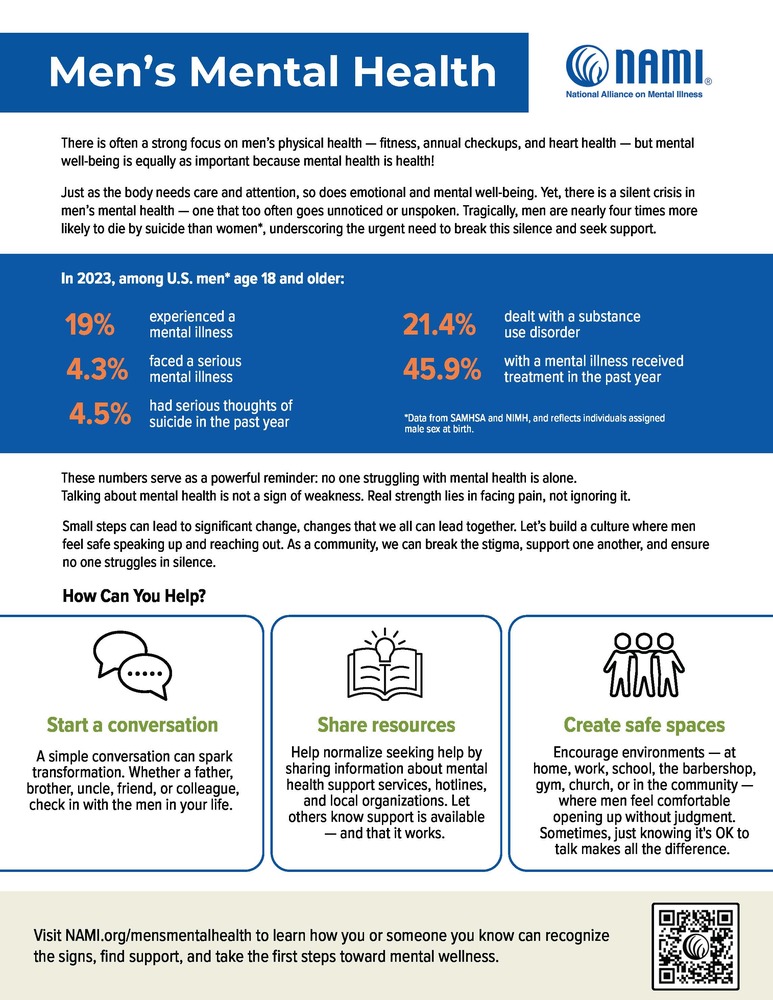June 2025 - Men's Mental Health Month


|
Contact: Deacon Carla Gilbert Keener and Sister Nubia Esmeralda King, Co-Chairpersons The goal of the Health Education Ministry is to increase the health, mental and spiritual well-being of the Allen Temple Church Family and Community. This will be accomplished by emphasizing positive attitudes towards health, increasing knowledge of preventive health practices and providing biblically based tools that will assist in comprehensive self-care. The Health Education Ministry accomplishes its mission by providing programs in collaboration with community-based organizations, health care and social services agencies throughout the Bay Area.
The objective of our Ministry is to educate and empower the community with positive health maintenance attitudes. |
The Allen Temple Health Education Ministry is honored to partner with Samuel Merritt University for seminars! Click here to download a brochure
Allen Temple/Kaiser Permanente Healthy Ministries/Healthy Resources Newsletter
Click here to view YouTube video from the 2014 Health Fair (Partnership with Samuel Merritt University)
Healthy Horizons Health Ministry Partnership Radio Interview with Pastor J. Alfred Smith, Jr, Deacon Harold Goodman, and Edgar Quiroz MPH of Horizon Clinical Services
Deacon Harold Goodman speaks with Sterling James of KBLX 102.9 about our 40th Annual Holistic Health & Job Fair
http://www.kblx.com/blogs/kblx-cares/kblx-cares-interview-sterling-james-allen-temple-40th-health-fair